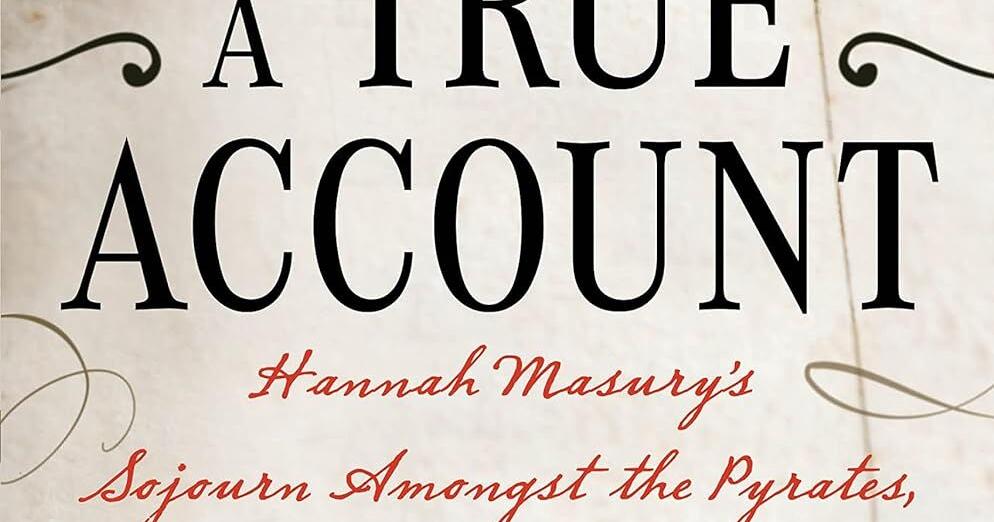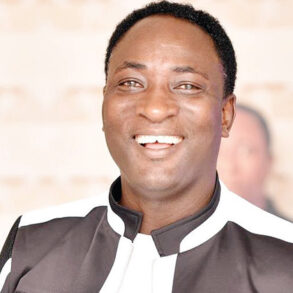
A TRUE ACCOUNT: Hannah Masury’s Sojourn Amongst the Pyrates, Written by Herself. By Katherine Howe. Henry Holt. 288 pages. $28.99.
Hannah Masury, for a brief time, was a pirate. At least, according to the mysterious manuscript that shows up on Professor Marian Beresford’s desk, brought by a bright-faced student excited at the possibility of finding the treasure that Hannah left behind.
Novelist and historian Katherine Howe embarks on a dazzlingly fun historical fiction, “A True Account: Hannah Masury’s Sojourn Amongst the Pyrates, Written by Herself: A Novel” — aptly named given the way it tests the boundaries between reality and imagination.
When undergrad Kay Lonergan brings Hannah’s found manuscript to her professor, Marian’s years of cynicism have hardened her. She highly doubts its authenticity and even points out the more doubtful details, verging on breaking the fourth wall. But Kay convinces Marian to approach her famous explorer of a father and persuade him, and his expedition society club, to back their trip in search of long-lost pirate booty.
And is that jealousy we detect in the professor? The further the story gets, the more it seems that Kay is everything Marian wishes she was: young, exciting, fashionable, carefree, commanding, self-assured. But Hannah’s manuscript might be just the thing to spark some excitement into Marian’s dull life — and to finally win her father’s attention and approval.
History buffs will appreciate the accurate inclusion of figures such as pirate William Fly and Puritan preacher Cotton Mather. Those who aren’t so thrilled about history will enjoy Hannah’s wry take on the happenings of the early 1700s.
Mirrored in Hannah’s restlessness with the status quo is Marian’s inability to fit into the mold set for women of the early 1900s. She quickly becomes endeared to the young pirate who disguised herself as a cabin boy and went bravely adventuring with one of the world’s most notoriously vicious pirates, Edward Low.
Hannah’s manuscript, which is about half of the book, follows only hints of the linguistic style of 18th-century American literature. Mercifully, she’s far more readable than Mathers.
“A True Account” is a slow start that picks up quickly into a wild voyage of satisfying twists and an even more satisfying ending. The story ties threads of fact and fiction into an intricate knot that’s just as enjoyable to look at as it is to untangle.
This post was originally published on this site be sure to check out more of their content.







